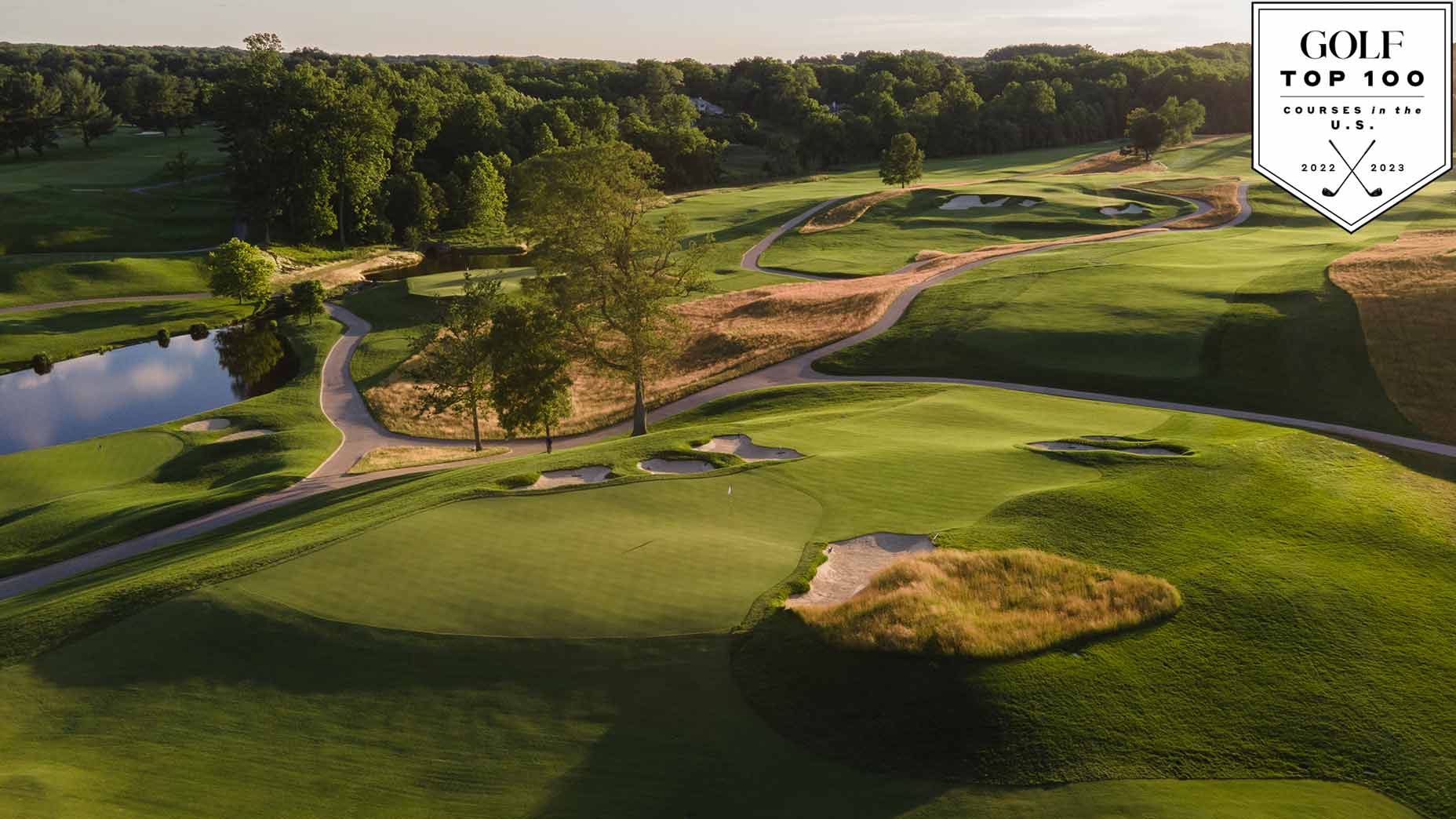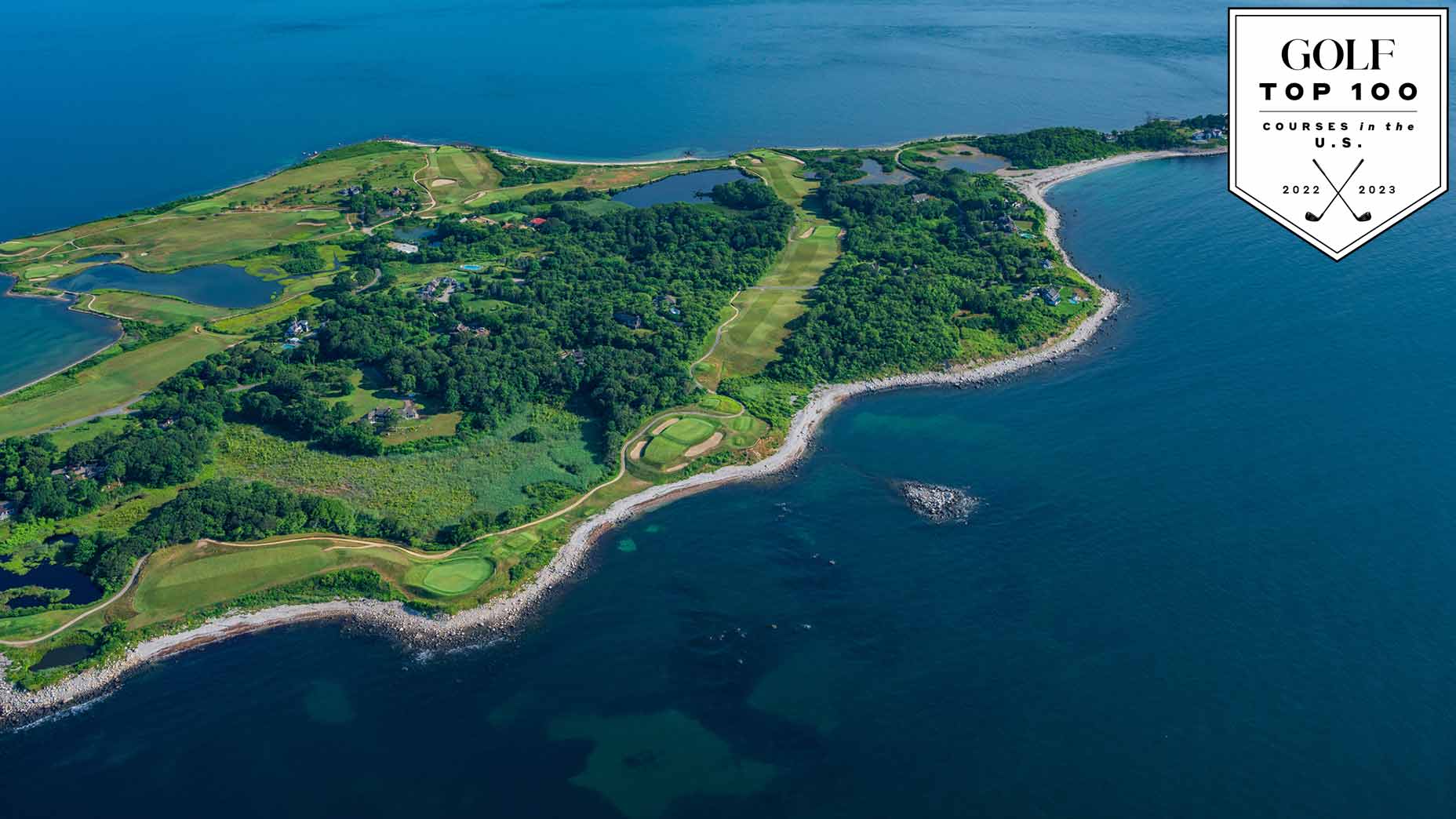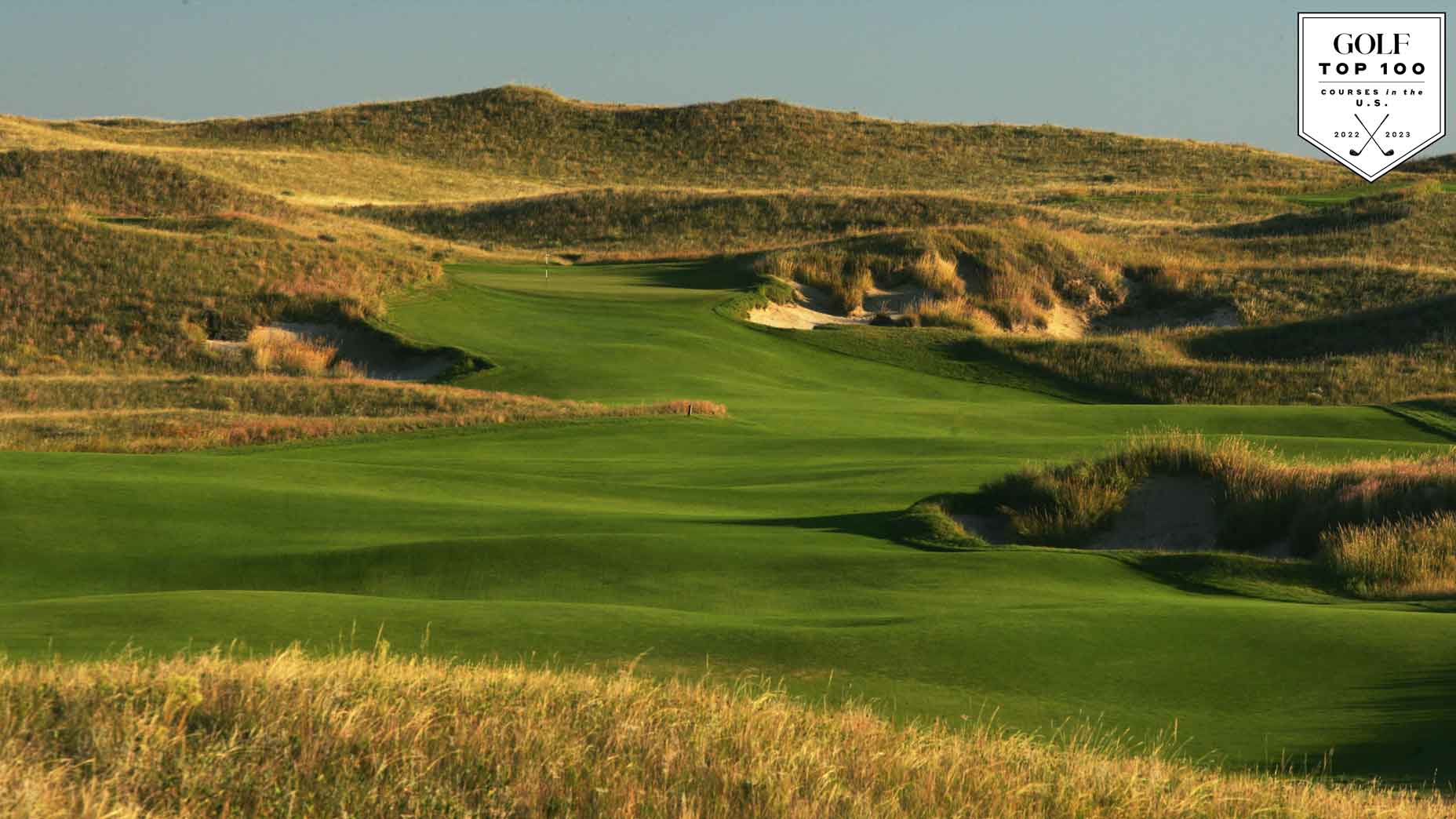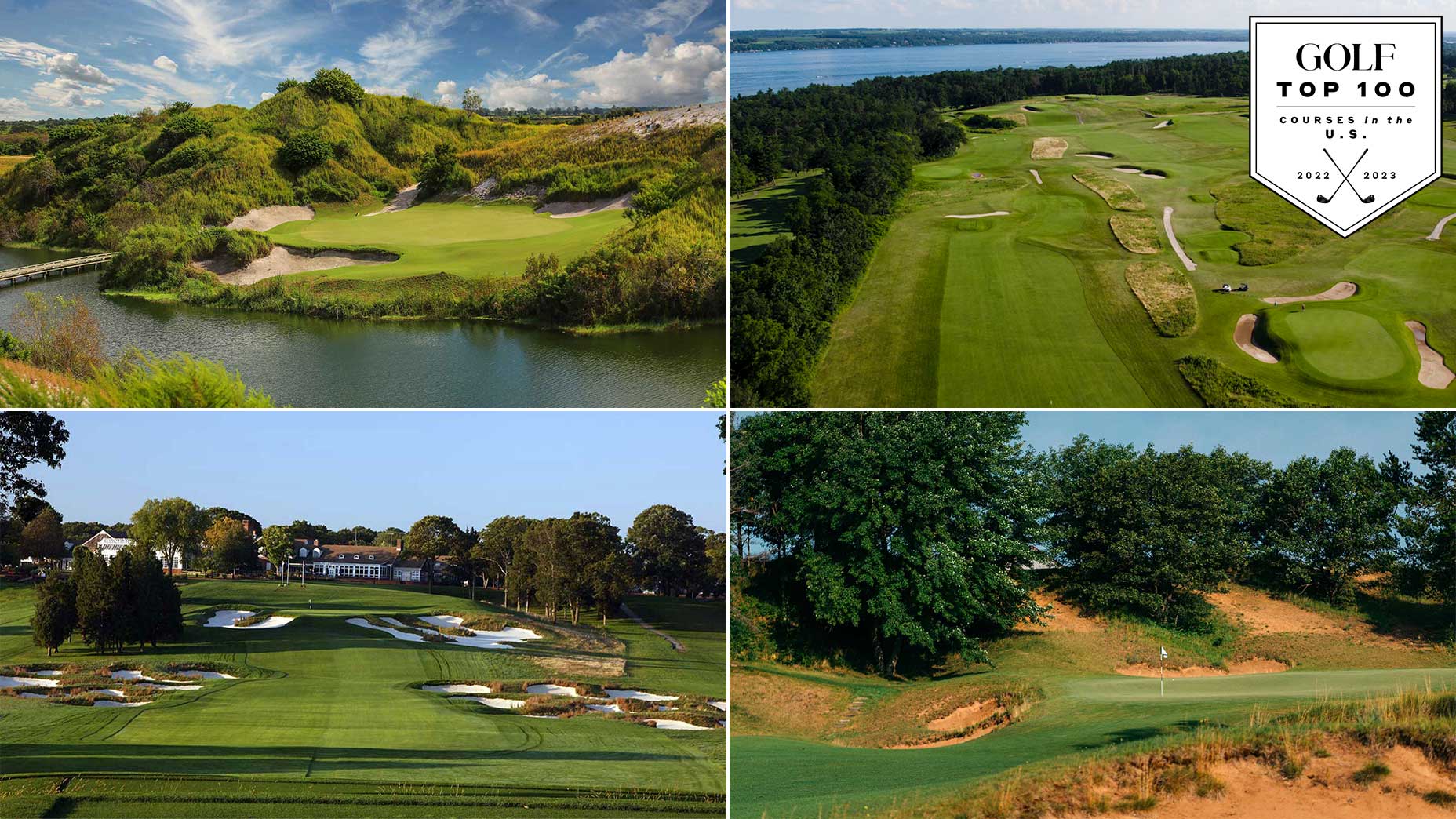Does hosting a major help a club’s Top 100 Courses ranking?

Congressional was well outside our Top 100 in 2020. This year, it vaulted to the No. 55 spot.
James Lewis
GOLF recently unveiled its newest Top 100 Courses in the U.S. ranking. You can view the entire list here.
If a club thinks that hosting a men’s professional event is a surefire way to jump up the ranking, it better think again. Yes, doing so confers prestige and press, but the strategy is rife with pitfalls. A sad act we’ve seen play out time and again in this country as courses are made “major ready” — making them more linear by reducing playing angles, adding ill-conceived hazards and trees, detaching fairway bunkers from their fairways and pushing tees back to “Tiger” territory. In short, every design aspect of a course comes under siege.
Say you’re a Golden Age course (which comprise two thirds of the 2022 Top 100 list): The long-term ramifications of hosting an event where contestants can drive it 350 yards without batting an eye is a genuine consideration. The professional game has little bearing on the rec set these days. Is the trade-off between a week’s worth of fawning and altering the soul of classic design worth it? Our ranking — despite what individual clubs across our nation feel about the matter — says no.
We admire the route taken by Congressional, which has hosted five majors. Several years ago, it went back to the drawing board, with the membership giving Andrew Green the go-ahead for a monster renovation to return the course to its Golden Age roots.
GOLF’s course rankings by region: Top 50 in Northeast | Top 50 in Southeast | Top 50 in Midwest | Top 50 in West
Congressional was well outside our Top 100 in 2020. This year, it vaults to the No. 55 spot. Once tree-choked and heavy, it now offers multiple 1,000-yard views. And the greens! The one on No. 14 falls 14 feet(!) from back to front. If that doesn’t grab you, then the one on the very next hole, where the green bleeds away from front to back, certainly will. Bottom line is that Green’s work “salutes” the ground. That’s what golf is all about: the interaction of ball and turf.
Other “tournament-caliber” courses that appeared in our 1995 ranking but failed to make this year’s list include Crooked Stick, Colonial, Interlachen, Medinah and Olympia Fields. All have exciting restorations planned and may well rejoin our list in years to come. If they do, it’ll be more because their membership (and its lucky guests) adore playing the course versus the limelight that stems from hosting a once-a-decade event.










